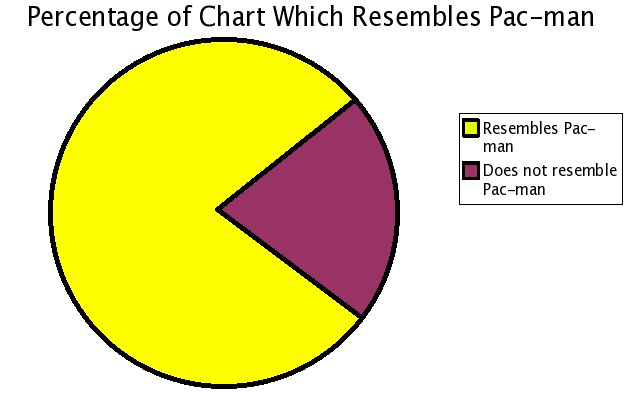Recent news stories on two makers in the news.
Texting Underground can save lives and cavesI love the idea that digital messaging is something that can advance us; it's been getting a lot of flak lately, along with social networking and web 2.0. [side rant: Resistance is futile, my friends; take advantage of the benefits of social media before they become completely commoditized.]
The boy who paints like an old masterWhile I have my own views on old masters, this kid is an interesting study. It's sort of amusing/nauseating, though, how often his parents refute that he's being pushed into painting. Like, a) either he really
is being pushed into it, and/or b) our news media try too hard to imply it such that it needs to be something repeated endlessly.
Now, on old masters, Kieron is quoted as not wanting to end up like Picasso, but rather more like Monet or Seago. Which is fine, really. The problem is how so many people mock modern art, mock abstract expressionism, mock cubism or surrealism or dadaism. I used to be among these, but I've come to hold these things dear to me.
For one thing, most of the folks who mock these forms of art haven't the slightest clue what Picasso was even trying to do (trying to revolutionize the concept of perspective in a completely different artistic language than what had been established). Second, many of these same folks couldn't distinguish a Monet from a Manet from a van Gogh... in fact, I'd lay wager that if you step into a room and asked people to identify a Monet from a lineup of paintings, fewer people could than if you asked people to identify a Picasso (unless you were a bastard and threw in one of 16-year-old Picasso's hyperrealistic paintings). Even fewer, a Seago.
The truth is, representing reality isn't all that unique. Sure, you can be a standout like Velazquez or Titian or El Greco, or you can be one of the lump of semi-indistinguishable impressionists, but creating your own interpretation of reality is so different from artist to artist. You can almost always tell a Miro from a Picasso from a Kandinsky from, well, you get the picture. This isn't to imply that there's no merit to strict representations of reality, but rather that one should take care before suggesting that a 3rd-grader could create better art than some of these abstract artists. It's all personal preference--folks who like classic paintings want beauty they can see; folks who prefer modern or abstract art want beauty they can
feel.
Then there are the tightrope walkers. The Munchs, or the de Goyas (one of my personal favorites), or the Kahlos, or the Riveras. Then there's even the Warhols, who take ubiquitous imagery and feed it back to you to the
nth degree, in hyperbolically popularized form.
Anyway, I won't talk about paying 1000GBP for a chalk drawing by a kid, and you don't talk about how Kandinsky is just a bunch of color and shapes on canvas. And we
definitely won't start on classical ballet vs. contemporary.
Anyway, next time you try to write off someone's art because it doesn't
look like anything, stop looking with your eyes. I leave you with a favorite quote from Picasso on language. Turns out, Picasso did a lot of really incredible things playing around with language (I'll be eternally grateful to the Nasher and their exhibit "Picasso and the Allure of Language" for opening my eyes to this):
If I begin correcting the mistakes you speak of according to rules with no relation to me, I will lose my identity to grammar I have not incorporated. I prefer to create myself as I see fit than to bend my words to rules that don't belong to me.
--Pablo Picasso, 1946














